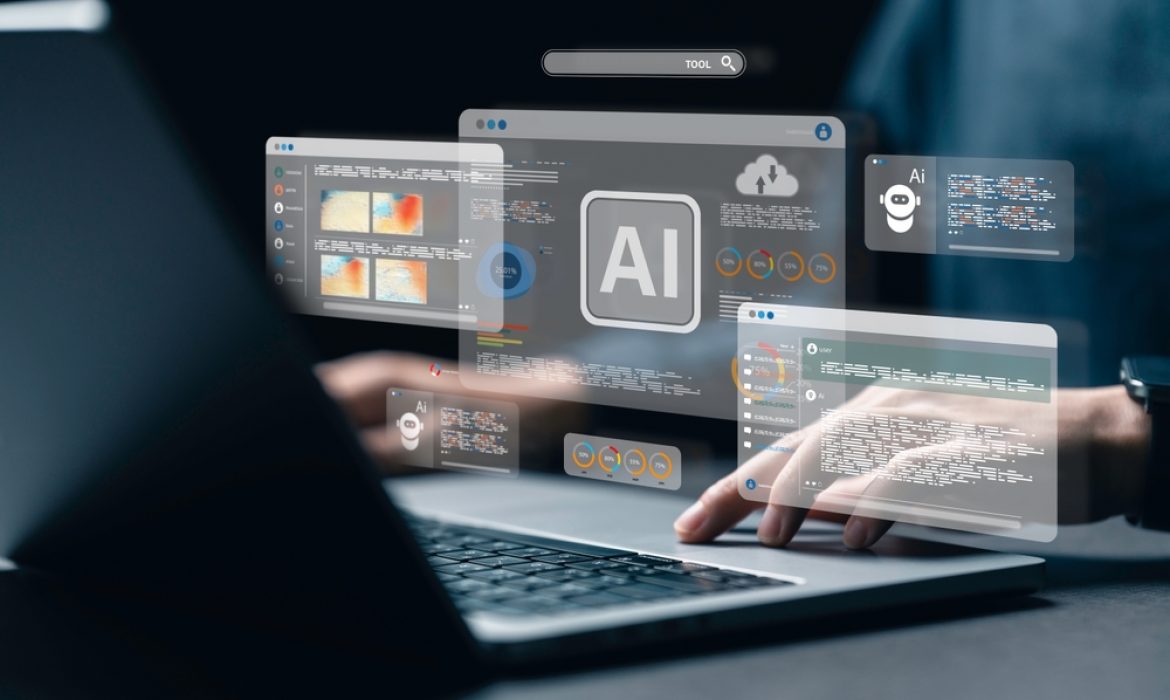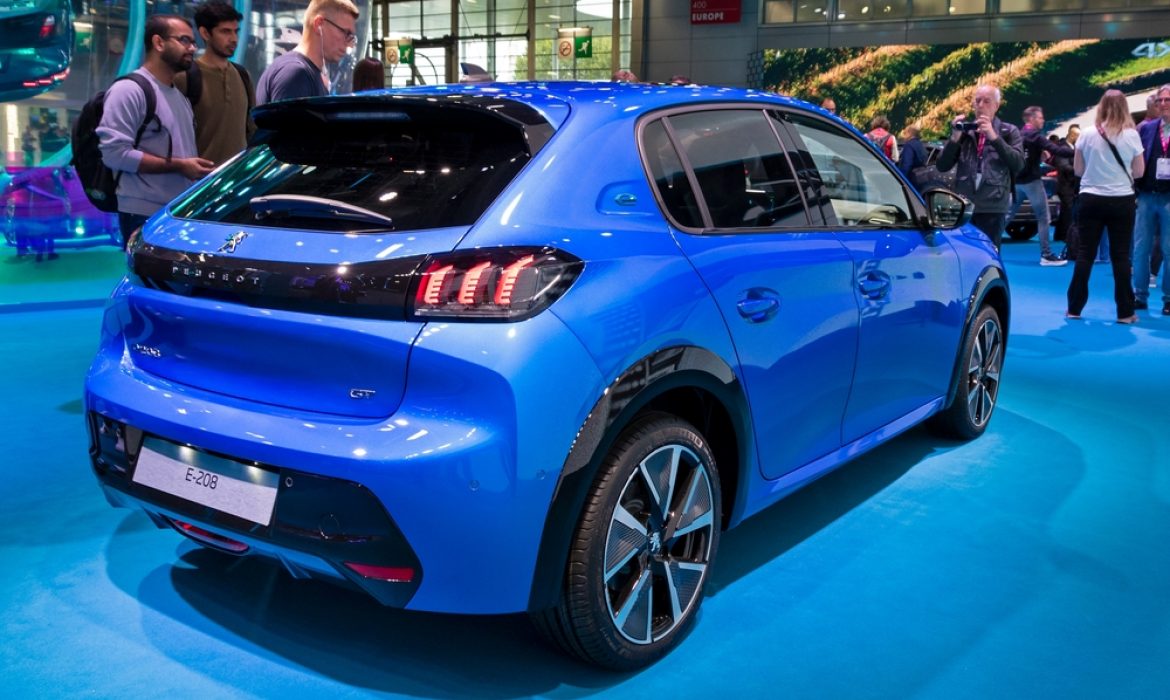AI Industry in Turmoil: $190 Billion Wiped Out as Google and Microsoft Stumble
Google’s Alphabet Faces Investor Wrath
Alphabet, the parent company of Google, witnessed a 5.6% drop in its shares as Google’s December ad revenue failed to meet investor expectations. Despite a respectable quarterly ad revenue of $9.2 billion, marking a 15% year-over-year increase, the shortfall left a dent in market confidence. The company acknowledged an uptick in spending on data centers to fortify its AI initiatives, shedding light on the fierce rivalry with Microsoft. Despite this setback, Google’s overall revenue reached an impressive $86 billion in the last quarter.
Microsoft’s Azure Shines Amidst Market Turbulence
While Google stumbled, Microsoft showcased resilience, beating analysts’ forecasts with a quarterly revenue of $62 billion. The growth of Microsoft’s Azure cloud platform, fueled by innovative AI features, attracted customers to its cloud and Windows services. However, the company’s shares experienced a modest 0.7% dip, reflecting a nuanced investor sentiment despite the triumph in the AI domain.
Microsoft’s Ascendance: Surpassing $3 Trillion Market Cap, Dethroning Apple
Microsoft’s unwavering commitment to artificial intelligence played a pivotal role in the company surpassing the $3 trillion market capitalization milestone this month, dethroning its tech rival Apple. The landmark achievement underscored the increasing significance of AI technologies in shaping market dynamics.
Chip Makers Take a Hit: Advanced Micro and Nvidia Suffer Losses
The repercussions of the tech giants’ reports extended beyond the software realm, impacting prominent chip makers. Shares of Advanced Micro tumbled by 6% following a disappointing first-quarter revenue forecast that fell short of estimates. Nvidia, after experiencing a remarkable 27% surge in January and tripling its value last year, faced a reversal of fortune in extended trading, witnessing a decline exceeding 2%.
Super Micro Computer Faces AI-Induced Setback
The ripple effect reached server component maker Super Micro Computer, which had been capitalizing on increased demand for AI-related components. However, the company saw a more than 3% decline in its shares, highlighting the broader challenges faced by companies intertwined with the AI sector.
As the dust settles, the AI industry grapples with the aftermath of the $190 billion market cap wipeout. Investors and industry leaders now face a period of introspection and strategic reassessment in navigating the intricate landscape of artificial intelligence. The turbulence serves as a stark reminder of the inherent volatility in this rapidly evolving sector.
Stellantis revolutionizes the driving experience: Peugeot cars will communicate with drivers using ChatGPT
In a groundbreaking move, the renowned French carmaker Peugeot, under the Stellantis umbrella, has announced its strategic integration of ChatGPT to enhance the voice assistant capabilities in its vehicles. This revelation positions Peugeot alongside industry giants Volkswagen and Mercedes-Benz, embracing the capabilities of the widely popular AI chatbot.
“We will implement ChatGPT in all passenger cars, including the new e-3008 model, and small commercial vehicles,” declared Jérôme Micheron, Peugeot’s product plan director, during a media briefing, underlining the brand’s commitment to innovation and customer-centric technology.
Pioneering the Future: Peugeot’s ChatGPT Pilot Launch in Five European Countries
On Wednesday, Peugeot is set to unveil the pilot version of its ChatGPT service in five European countries—France, the UK, Germany, Italy, and Spain. This cutting-edge service is designed to seamlessly connect with the car’s driving system, offering drivers the ability to pose general or navigation-related questions. The anticipated success of the pilot is expected to propel the service into becoming standard equipment across Peugeot’s vehicle lineup later this year.
Following the Trailblazers: A Trend Set by Competitors
Peugeot is not the first automotive manufacturer to recognize the potential of ChatGPT. Mercedes-Benz initiated a trial in the U.S. last year, allowing drivers to engage in more natural and informative conversations with their vehicles. From destination details to dinner suggestions, the integration of ChatGPT aimed to make driving a more interactive and user-friendly experience. Volkswagen, echoing this sentiment, announced earlier this month its plans to integrate ChatGPT into its voice assistant, promising drivers an enhanced and interactive dialogue experience by mid-year.
Peugeot’s Bold Move Towards Electric Mobility
In a dual announcement, Peugeot also revealed plans to bolster its electric vehicle (EV) adoption. The company will introduce an extended eight-year warranty specifically for the e-3008 model, a significant leap from the current two-year standard. This strategic move is aimed at incentivizing more drivers to make the switch to electric vehicles, aligning with the global push for sustainable and eco-friendly transportation solutions.
As the automotive industry continues its transformative journey into the era of AI integration, Peugeot’s adoption of ChatGPT signals a pivotal moment in redefining the relationship between drivers and their vehicles. The future of driving is not merely autonomous but, increasingly, interactive and intuitive.



